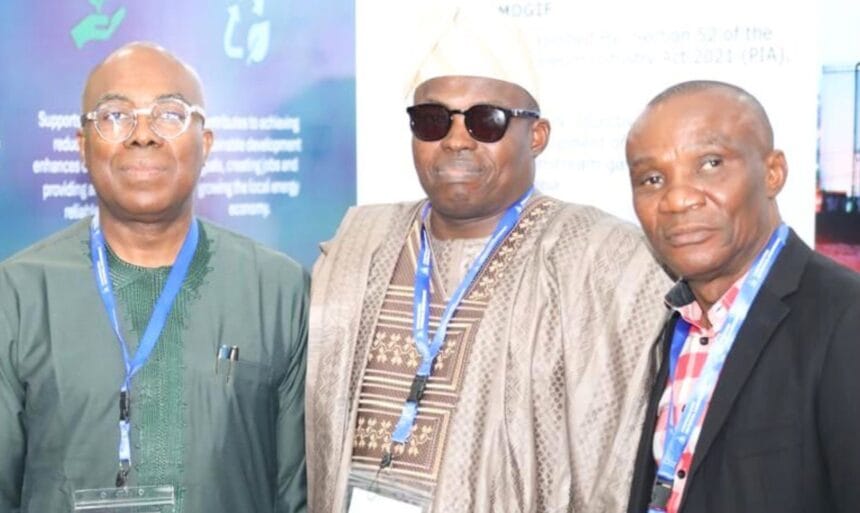… petroleum infrastructural utilisation is static or growing at a slow pace – Olatunbosun, NALPGAM President
… foreign exchange challenges, geopolitical tensions, influence fluctuating prices of cooking gas – Inyang, DP NALPGAM
Oredola Adeola
The Nigerian Association of Liquefied Petroleum Gas Marketers (NALPGAM) has applauded the Federal Government for its strides in expanding infrastructure and stabilizing the price of Liquefied Petroleum Gas (LPG) despite external pressures such as foreign exchange challenges and global geopolitical tensions.
NALPGAM has therefore urged the Federal Government to sustain these efforts and called for additional incentives to encourage investment in domestic LPG production, emphasising the need for enhanced infrastructure to boost the localized use of cooking gas across the country.
Abideen Olatunbosun, National President of NALPGAM made this known during the Association’s 2024 National Conference, themed ‘Sustainable Energy Growth in Nigeria – LPG and the Future’, held in Lagos on Wednesday.
He therefore appealed to the Federal Government to intensify efforts in stabilizing the LPG market and enhancing infrastructure for sustainable growth.
Olatunbosun highlighted that recent developments in Nigeria have significantly reshaped the oil and gas industry, particularly following the enactment of the Petroleum Industry Act (PIA).
He noted that while the PIA has attracted more indigenous investors into the sector, some foreign players have scaled down operations, and issues such as missing and unaccounted crude oil remain prevalent. These challenges, coupled with slow infrastructural expansion, have affected the growth of LPG utilization in the country.
He further commended the Bola Tinubu administration for its initiatives to stabilize the oil and gas sector through incentives and promotion of supply.
However, he pointed out that LPG prices remain volatile and unpredictable, making daily sales, planning, and forecasting difficult for marketers.
Olatunbosun stressed that key challenges in the petroleum industry, including safety concerns, the need for technological improvements, and regulatory issues, have far-reaching implications for the future of the LPG market in Nigeria.
The NALPGAM President therefore urged the President Bola Tinubu’s administration to address these areas to ensure a more sustainable, greater energy security and economic growth and stable energy sector.
Barrister Edu Inyang, Deputy National President of the Nigerian Association of Liquefied Petroleum Gas Marketers (NALPGAM), while supporting the earlier statement by the NALPGAM President, acknowledged significant improvements in the pricing of cooking gas across the country.
Inyang highlighted the ongoing partnership between the NMDPRA and NALPGAM to resolve operational issues affecting marketers, including licensing and regulatory matters.
He also praised the Minister of State for Petroleum Resources (Gas) for playing a crucial role in stabilizing LPG prices through close collaboration with NALPGAM.
However, he noted that external factors, such as foreign exchange challenges and geopolitical tensions, continue to influence the fluctuating prices of cooking gas.
“Just weeks ago, LPG prices were lower, but they suddenly surged due to the Israel-Iran/Palestine crisis and the naira’s depreciation,” Inyang said.
He expressed hope that the government’s ongoing efforts would eventually lead to price stability.
Commenting on the role of middlemen and cabals in the LPG marketing value chain, Inyang observed that their exploitative influence on prices has diminished significantly, thanks to interventions from the Minister of State for Petroleum Resources (Gas).
However, he cautioned that since petroleum resources are priced in U.S. dollars, fluctuations in the exchange rate have a direct impact on LPG costs.
Inyang urged the Minister and NMDPRA to sustain their efforts to ensure affordability and consistent supply, emphasizing that the common people should not bear the brunt of global market forces.
He warned that rising LPG prices could reflect poorly on the government if not addressed properly.




